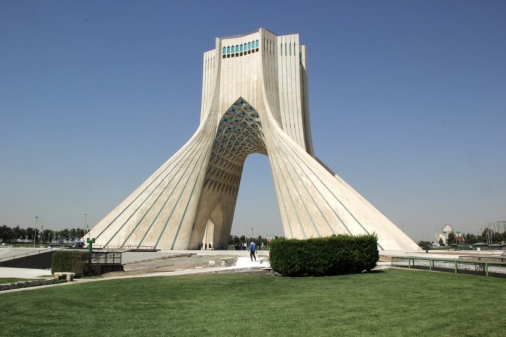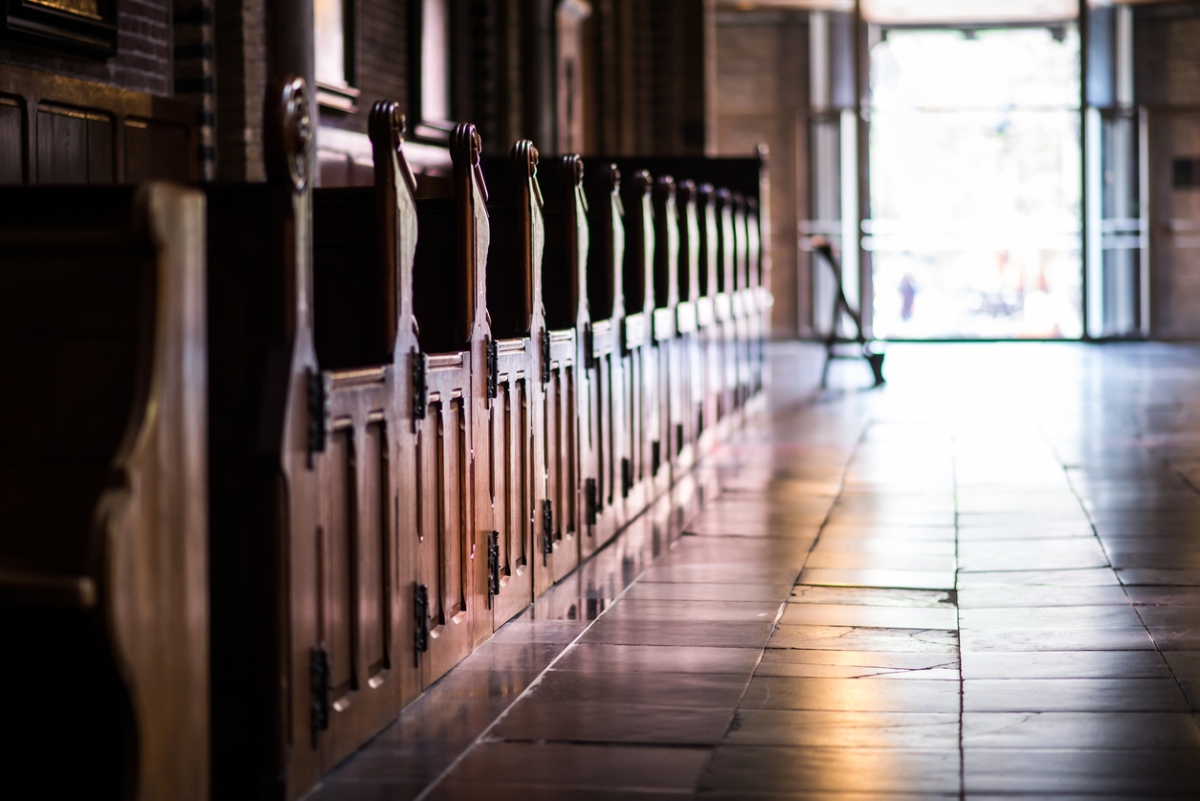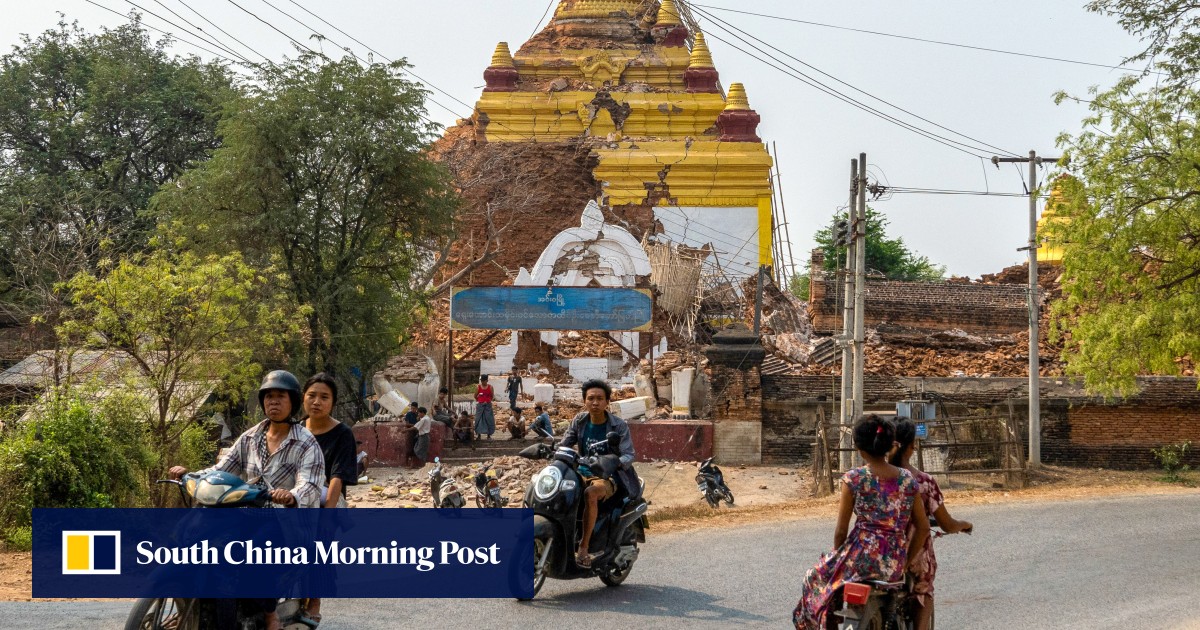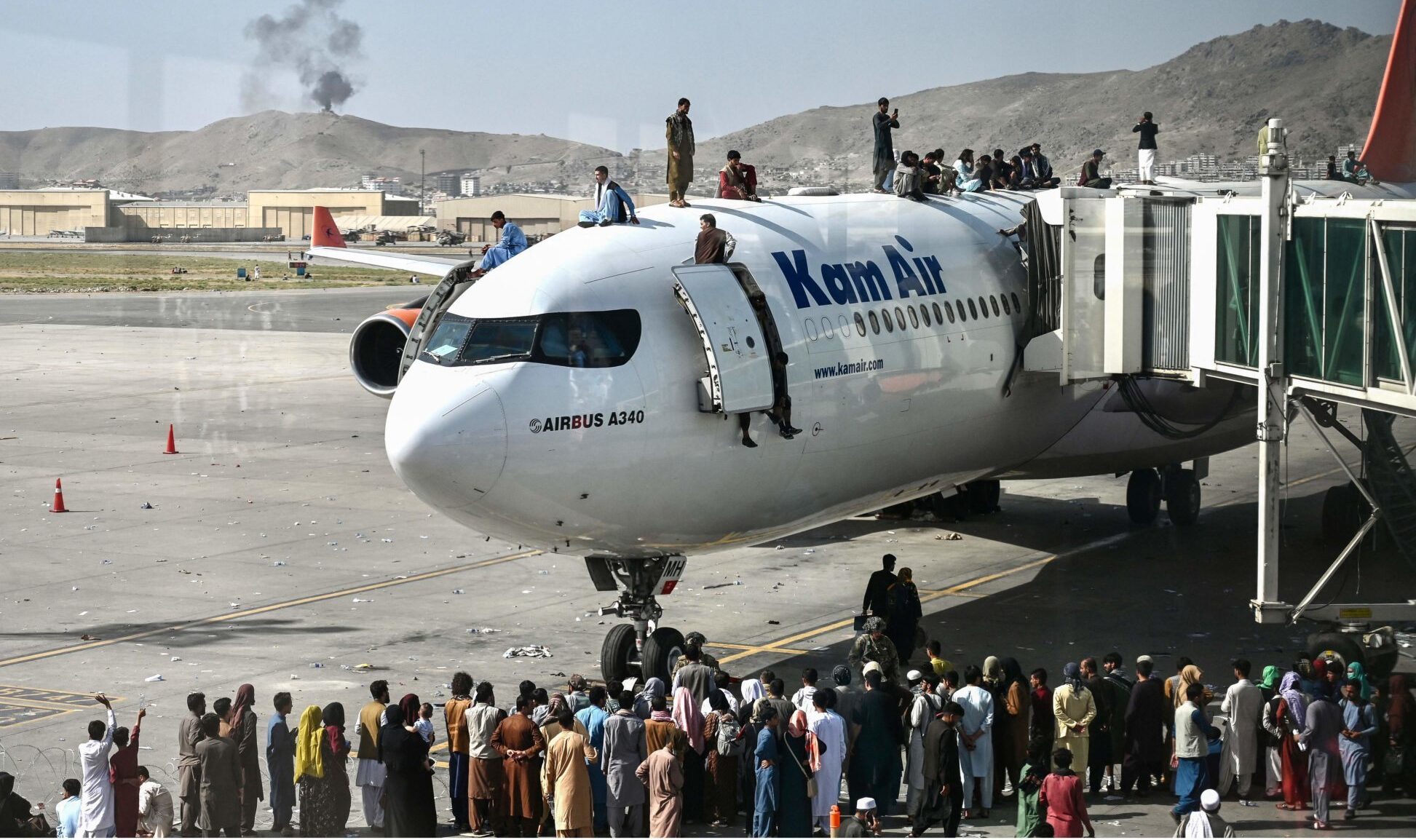
Christianity in Iran is facing a “crisis”, according to human rights activists, who say that the Islamic Republic is becoming ever harsher in its crackdown on minority faiths.
According to the Center for Human Rights in Iran (CHRI), more than 300 Christians have faced prosecution in the capital of Tehran alone. Around a 100 more have been given long jail terms for practising their faith.
Figures compiled by Article 18, an anti-persecution organisation, suggest that in 2024 sentences totalling 263 years were handed down to 96 Christians (an average of 2.7 years each), up from 2023 when 22 people were given sentences worth a total of 43.5 years (an average of 1.9 years per person).
Believers are often targeted under Article 500 of Iran’s penal code, which demands severe punishments for “any deviant educational or proselytizing activity that contradicts or interferes with the sacred law of Islam”.
While Iran officially recognises the Abrahamic faiths of Islam, Christianity and Judaism, in practice non-Muslims face severe restrictions and persecution. Converts from Islam to any other religion are at particular risk, as apostasy can be punished with death.
Hadi Ghaemi, the executive director of CHRI, said, “The Christian community in Iran is facing a crisis. The Iranian authorities are abducting growing numbers of Christians and throwing absurd national security charges at them in order to imprison them for years for doing nothing other than peacefully practicing their faith.”
He was also quoted by Iran International as saying, “The persecution of Christians in Iran is part of the Islamic Republic’s assault on civil liberties, religious freedom, and minority communities, and it reflects the regime’s reliance on fear and repression to maintain control.”
Iran’s treatment of Christians and other minority groups has also been raised by Mai Sato, the UN’s Special Rapporteur for human rights in Iran and by Amnesty International who noted in its 2023/24 report on Iran that religious minorities suffer “discrimination in law and practice, including in access to education, employment, child adoption, political office and places of worship. Hundreds were subjected to arbitrary detention, unjust prosecution, and torture and other ill-treatment for professing or practising their faith”.

 By Christian Today | Created at 2025-04-05 08:33:30 | Updated at 2025-04-05 21:30:12
13 hours ago
By Christian Today | Created at 2025-04-05 08:33:30 | Updated at 2025-04-05 21:30:12
13 hours ago








